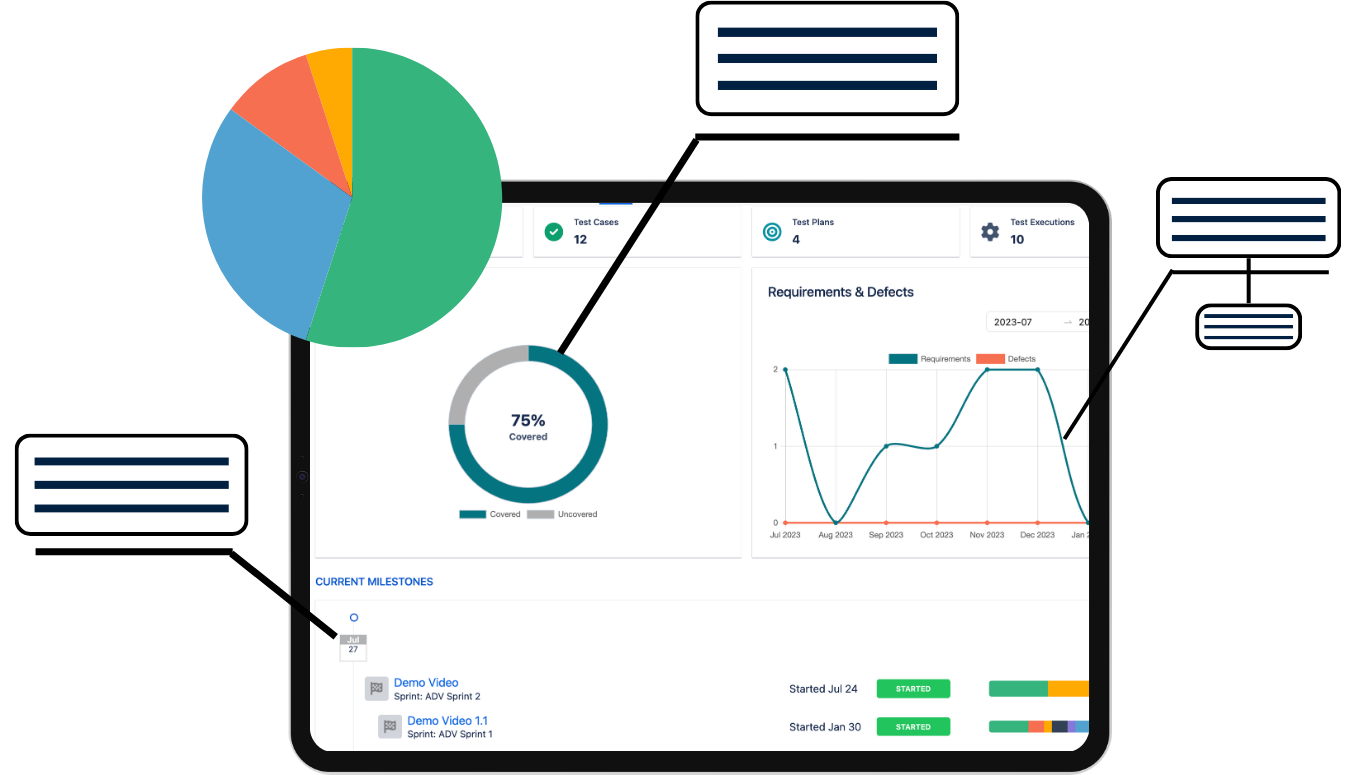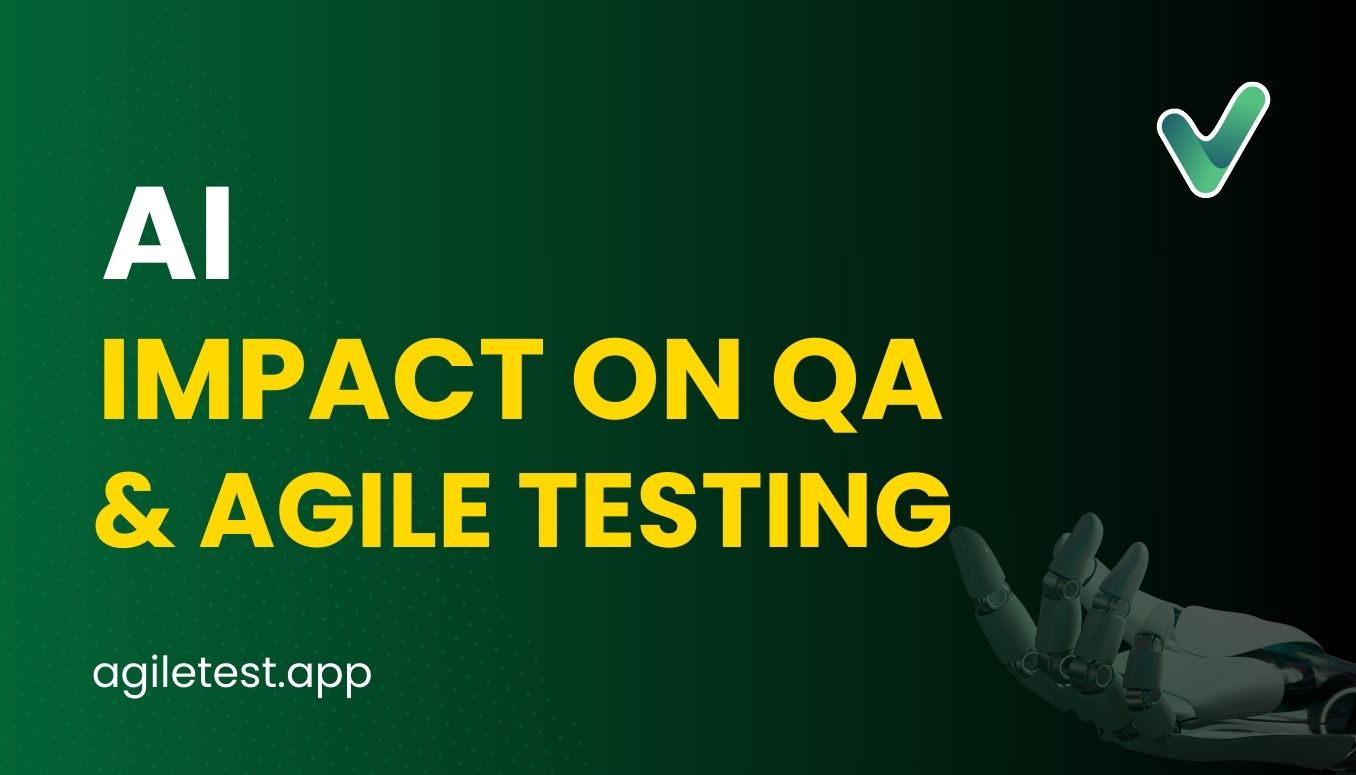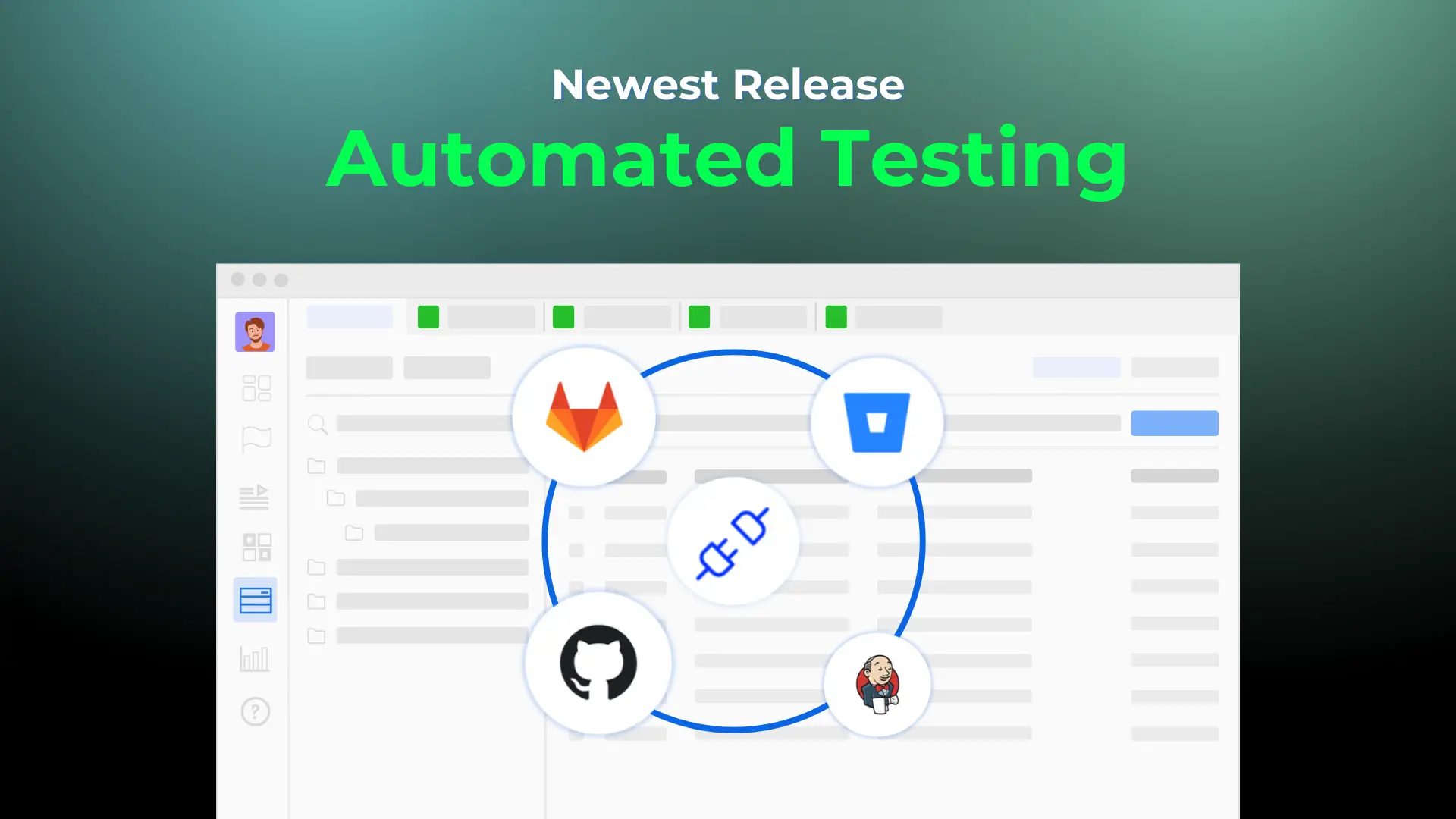Explore the essential roles of QA and Agile Testing in software development, and discover how AI and automation are elevating these processes to new heights of efficiency and accuracy. Get ready for a concise look into the future of software testing.
Background on QA, Agile Testing
So what is QA Testing?
QA Testing is a structured methodology focused on confirming that the product adheres to the defined specifications and lacks flaws. It transcends mere bug detection, encompassing a broader objective to guarantee the system’s reliability, efficiency, and compliance with both user and business needs.
→ Related content: Quality Assurance: The Testing Tapestry in Software Projects
What is Agile Testing? And why is it important?
Agile testing embodies a methodology aligned with the tenets of Agile software development. Characterized by its iterative nature and adaptability, it incorporates testing into the initial stages of the development cycle. This approach emphasizes ongoing feedback, teamwork, and the capacity to adjust swiftly to alterations.
In conventional QA approaches, feedback cycles are typically extended. This is because issues identified during the testing phase must be relayed to the development team, potentially resulting in delays. On the other hand, Agile Testing advocates for a more rapid feedback loop. In this agile approach, developers and testers collaborate closely, frequently as part of the same team. This close collaboration ensures that any problems are quickly identified and resolved.
→ Related content: Comprehensive Guide to Agile Methodologies
AI with Automation of Test Cases
However, the pertinent question arises as AI technology increasingly permeates our daily life and professional activities. How can it contribute to the management of software testing? Is AI a QA Aid or a Delay?
What is Test Automation

The prominence of test case automation is steadily escalating in the software sector, effectively steering efforts toward significantly heightened productivity and enhanced efficiency. Concurrently, researchers are intensively concentrating on individual testing tiers to meticulously streamline test suites.
There is a growing emphasis on the automation of test case creation, specifically utilizing UML diagrams, and a strategic prioritization of behavioral elements, albeit occasionally at the expense of structural design considerations. Consequently, the field has witnessed the introduction of a diverse array of methods, algorithms, and criteria dedicated to determining test adequacy. These progressive developments emphatically underscore both the paramount importance and the inherent intricacy of automated testing within the realm of software development.
→ Related content: Test First Development vs Test Driven Development
AI Test Automation with QA Testing
In QA Testing, automation is adeptly employed as a strategic tool to substantially boost the testing process’s efficiency. Advanced techniques like UML, Automata theory, and formal methods are instrumental in meticulously designing and specifying software systems, which consequently streamline the overall software development process.
Particularly, test case prioritization and the detection of faults in regression testing emerge as critical areas. Moreover, factors such as traceability, completeness, the extent of fault impact, insightful observations from code implementation, evolving requirements, and priorities allocated by customers play a pivotal role, thereby profoundly influencing the effectiveness of QA testing.
AI-driven test automation tools can automatically create, execute, and maintain test cases, significantly reducing the manual effort involved in writing tests. AI algorithms can analyze application data to identify the most critical areas for testing, ensuring comprehensive coverage.
AI Test Automation with Agile Testing
Automated test case generation, especially when integrated with Agile practices, can significantly reduce manual effort, provide rapid feedback, and ensure that testing keeps pace with the frequent changes typical in Agile projects.
In Agile environments, where rapid iterations are prioritized, AI enhances test automation by enabling quick adaptation to changes. Automated tests can be quickly updated to reflect changes in the application, ensuring that the testing process keeps pace with the development.
→ Related content: Agile Testing Challenges and How to Overcome Them
Predictive Analytics
Artificial Intelligence (AI), especially through machine learning and data analytics, significantly revolutionizes QA Testing and Agile Testing via predictive analysis. Leveraging AI’s capabilities enables teams to foresee potential challenges, discern underlying trends, and adopt data-informed strategies. Therefore, these advancements substantially augment the efficiency and precision of the testing methodologies.

AI Impact on QA Testing
Predictive Analytics for Defects
AI delves into past defect data, discerning patterns to forecast potential defect hotspots. This predictive insight empowers teams to refine their testing strategies, directing efforts toward defect prevention.
Test Case Prioritization
Leveraging insights from historical test executions, AI adeptly prioritizes test cases, targeting those with a higher probability of uncovering new defects. This prioritization ensures critical tests are conducted promptly, streamlining the testing workflow.
Enhanced Test Coverage
AI scrutinizes both requirements and existing test cases to pinpoint coverage gaps. This analysis facilitates the creation of additional tests where necessary, guaranteeing a thorough test coverage.
Risk-based Testing
Employing AI algorithms, teams can evaluate product risk by considering various factors such as complexity, recent modifications, and historical defect patterns. This risk assessment guides teams in concentrating their testing efforts on the most critical and vulnerable areas.
AI Impact on Agile Testing
Real-time Decision Making
AI facilitates instantaneous insights and decision-making throughout the testing phase. By persistently evaluating test outcomes and various metrics, AI offers prompt feedback to developers, enabling swift and informed adjustments.
Flaky Test Identification
AI tracks and scrutinizes the patterns of flaky tests, those yielding inconsistent results under identical conditions. This monitoring assists teams in enhancing the dependability of their tests.
User Story and Requirement Analysis
AI scrutinizes user stories and acceptance criteria, proposing potential test scenarios. This ensures a comprehensive testing of all functional requirements.
Test Data Generation
AI can craft test data that closely mirrors real-life scenarios, ensuring tests are exhaustive and pertinent. This proves invaluable in intricate systems where manually generating realistic test data poses a challenge.
Continuous Feedback and Improvement
Embracing the Agile ethos, AI promotes ongoing feedback loops by analyzing test results, code quality, and other pertinent metrics. This continuous analysis fosters the perpetual enhancement of both the product and the development methodologies.
Smart Analytics for Faster Feedback
AI significantly reinforces QA Testing and Agile Testing by integrating intelligent analytics, which consequently results in faster, more reliable feedback and a more streamlined resolution of issues. The adept use of AI-driven real-time insights, coupled with the strategic identification of flaky tests, addresses some of the paramount challenges in software testing, thereby elevating the overall quality assurance framework.
Real-Time Insights

Immediate Feedback
AI tools meticulously scrutinize test results as they emerge, promptly providing direct feedback to developers. This accelerated feedback loop crucially enables developers to rapidly comprehend the impact of their modifications, thereby facilitating swift corrective actions.
Predictive Analysis
Extending beyond the realm of immediate results, AI harnesses the power of predictive analytics to foresee potential issues by meticulously analyzing code changes, test outcomes, and historical data. This proactive approach allows developers to address problems preemptively, significantly enhancing the software’s overall quality.
Efficient Collaboration
The provision of real-time insights fosters improved communication and collaboration within the team. Developers, testers, and other stakeholders gain simultaneous access to the same pivotal information, leading to a unified and coordinated approach to resolving issues.
Flaky Test Identification
Reliability in Testing
Flaky tests represent a significant challenge in both QA and Agile Testing, often leading to the unnecessary expenditure of time and resources. AI astutely identifies these unreliable tests by analyzing test execution patterns and historical data, thereby pinpointing and highlighting inconsistencies in test results.
Root Cause Analysis
Once flaky tests are identified, AI plays a crucial role in diagnosing the underlying causes, whether they are related to code, the environment, or the implementation of the test itself. Gaining a deep understanding of the root cause is essential for effectively addressing the flakiness and consequently improving the stability of the test suite.
Continuous Improvement
By diligently managing and minimizing the occurrence of flaky tests, AI significantly contributes to maintaining the integrity and trustworthiness of the testing process. A reliable and robust test suite is fundamental for the continuous integration and delivery practices, especially in Agile environments.
Smart QA Testing and Agile Testing
In QA Testing, the implementation of AI’s smart analytics significantly refines the feedback process, ensuring it is not only rapid but also deeply insightful. The deployment of real-time insights revolutionizes the testing process, rendering it more dynamic and responsive, and aligning seamlessly with the crucial requirement of upholding quality throughout every phase of the software development lifecycle. The proactive identification and subsequent remediation of flaky tests notably enhance the reliability and uniformity of test results, thus substantially strengthening the robustness and trustworthiness of the QA process.
Within the sphere of Agile Testing, AI’s role is markedly more pronounced and influential. The Agile methodology is intrinsically designed around the concepts of swift iterations and consistent feedback. AI-driven real-time insights, coupled with the capability to accurately identify and adeptly manage flaky tests, harmonize impeccably with the Agile principles. These advanced capabilities guarantee that each iteration is underpinned by precise and timely data, empowering teams to advance confidently in their development and testing pursuits.
Final Note
Throughout this enlightening exploration, we’ve observed the deep and impactful integration of QA and Agile Testing methodologies, further enriched by the revolutionary contributions of AI and automation. AI has demonstrated its invaluable role, from elevating test case generation efficiency to foreseeing potential issues through predictive analytics, establishing itself as a crucial partner in the pursuit of flawless software quality.
As we find ourselves at the threshold of a new epoch in software development, it’s clear that the incorporation of AI and automation within QA and Agile Testing transcends a mere trend, marking a significant paradigm shift. This shift paves the way to a future where software testing becomes more predictive, adaptive, and in tune with the dynamic requirements of the industry.
For more information about agile testing, check out more videos from the AgileTest Academy series.
If you love the testing experiences, try our app on the Atlassian Marketplace!




